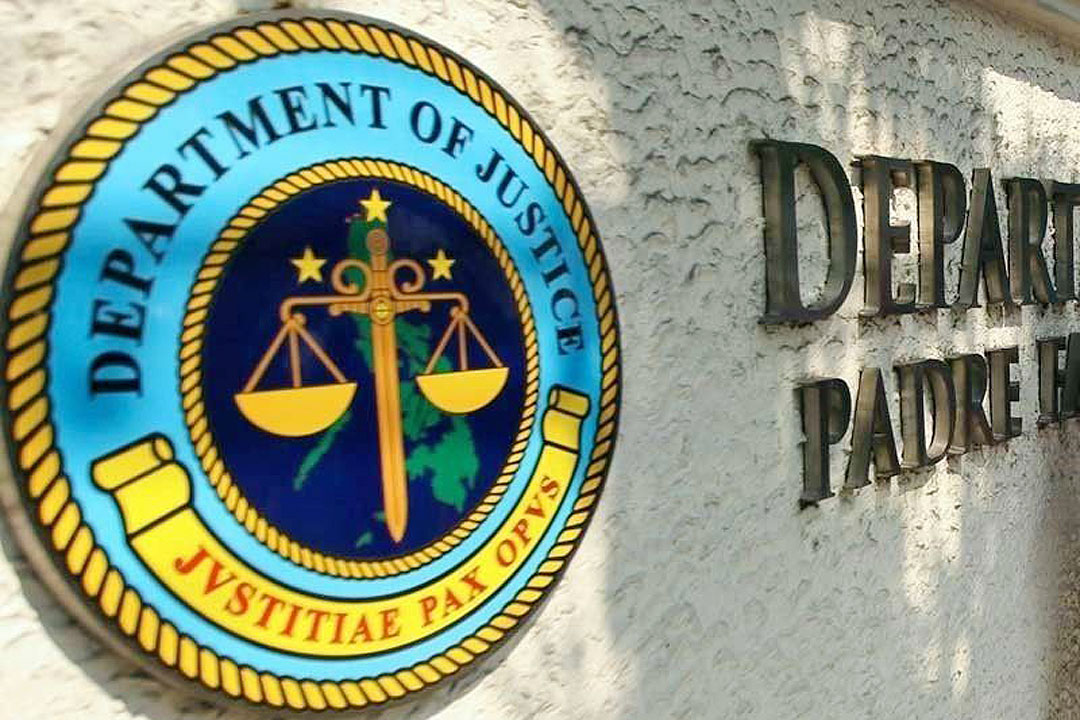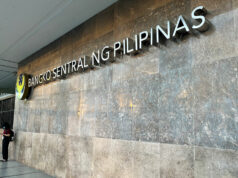Four suspects in BDO hacking indicted, says Justice department

GOVERNMENT prosecutors have filed charges against four people accused of hacking more than 700 bank accounts of BDO Unibank, Inc. in December.
In a statement, the Department of Justice (DoJ) said the suspects — three Filipinos and a Nigerian — were indicted for violating the Access Devices Regulation Act of 1998 and Cybercrime Prevention Act of 2012.
A fifth Nigerian suspect was still being investigated, it said.
“The tasks of these five individuals are compartmentalized, their respective participations are vital, without which, fraudulent transfers or illegal access of online accounts would not be possible,” the DoJ said.
The hackers managed to steal about P1.2 million but could have potentially embezzled more than P50 million if the transactions were not immediately tagged as suspicious, National Bureau of Investigation (NBI) chief Victor V. Lorenzo told Radyo 5 on Monday.
The DoJ electronically filed the charges before a trial court in Guagua, Pampanga on Tuesday, it said.
Bangko Sentral ng Pilipinas Governor Benjamin E. Diokno on Monday said the central bank would complete its investigation of the BDO incident by the end of the month.
Meanwhile, Justice Secretary Menardo I. Guevarra said the NBI was looking into phishing of bank accounts on a broader scale. “I am minded to issue a separate directive to the NBI in the case of the teacher victims,” he said in a Viber group message.
“The same urgency should be shown to our teachers’ cases with Landbank,” Benjo Basas, who heads the Teacher’s Dignity Coalition, said by telephone.
He earlier told Radyo 5 there had been reports of teachers losing as much as P121,000 from their accounts with state-owned LANDBANK of the Philippines.
“The teachers should not be blamed,” Mr. Basas said, adding that the security of online services should be tightened.
The local lender on Monday said its systems had not been hacked and remained secure. It added that hackers targeted the devices used by the teachers through phishing, which compromised their personal information. — John Victor D. Ordoñez



